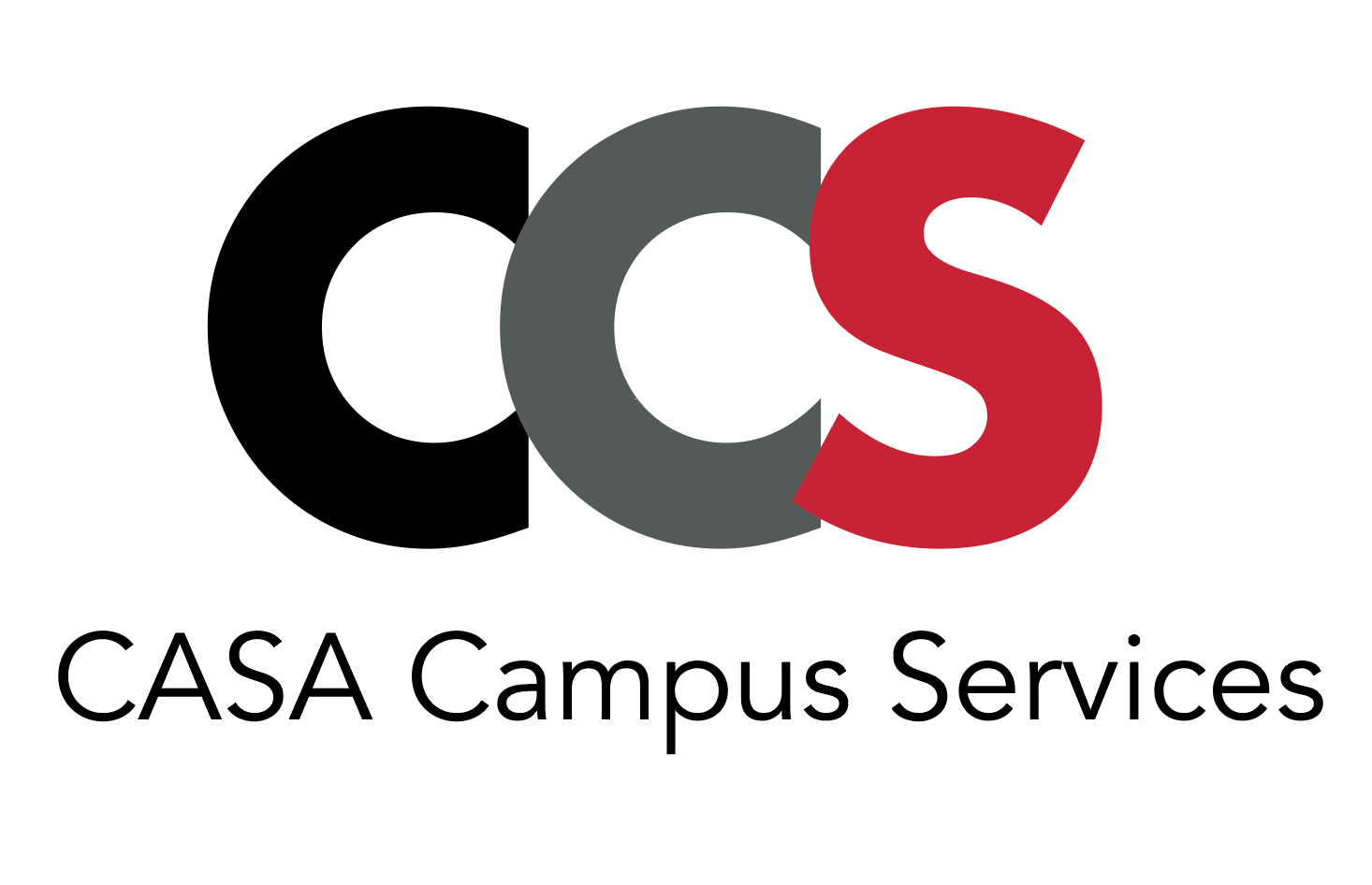
CSS Scheduler — New Features for Spring 2024 (including the Winter Mini)
Information for Instructors
Section 1: Introduction and Executive Summary
Students use the CCS scheduler to reserve seats for proctored testing.
There have been two problems with it:
- The race condition at 12:01am of the day that scheduling opens.
- Incorrect distribution of seats between a group of sections that share a common test.
Some sections run out of seats while other sections have too many seats
These two problems will (hopefully) be fixed beginning Spring 2024. Details are below.
Section 2: Fixing the Race Condition
Section 2.1: The Problem
Many students want the last time slot on the last day of a test, probably because it
gives them more time to study. This causes an intense race (between students)
at 12:01am. Of course, most students fail to get the
last slot, so they have to race again and again, trying to get the less desirable slots on the last day. With
500 students and finite computer processing speed, this is time-consuming and
frustrating for students who are unlucky and students who fail to follow instructions.
Section 2.2: The Solution
Beginning Spring 2024 (including the Winter Mini) students can avoid racing.
During the day each student will input a list of his desired time slots ("preferences").
At midnight, the computer will process the students' lists, giving each student
his highest preference consistent with available slots.
There is no race pressure.
All times, from 12:01am to 11:59pm, are equivalent.
CCS encourages students to input all of the time slots when building their preferences.
Students who do this
- are certain to get a seat on their first attempt
- will not incur any disadvantage
Students who do not get one of their preferences, and students who do not input a preference,
will have accsss to the old-style scheduler. It will open after the preference-based scheduler
closes.
Students must log in the next day to see
which of their preferences (if any) was filled. The CCS GUI requires students to
promise to do this — they cannot proceed until they click this button:

Section 3: Fixing the Problems in Seat Distribution
Beginning Spring 2024 (including the Winter Mini) all sections will share a common pool
of seats and time slots. This solves all problems associated with
- miscalculated enrollments
- statistical fluctuations in student scheduling
- merged sections
We fully expect to see a sharp
drop in complaints about an insufficient number of seats.
Section 4: More details about the new scheduler
>> What day will the scheduler open for students to input their preferences? Still two weeks in advance?
>> For example, if our exam begins on a Monday, will Monday two weeks prior be the “input day” for students
>> to provide their preferred times (and then the preference-based scheduling runs Monday night at 11:59:59 PM)?
Yes.
>> In the placement process, does the system randomly select the student order from the common course pool or some other nonbiased selection process?
Yes. Studennts are processed in a random order. The randomization is high-quality and seedless.
>> Does the new (preference-based) process only run the first day and then
>> the scheduling reverts to the real-time (non-preference) scheduling?
Something like that.
If the scheduling period is 14 days, preferencs will run the first few days.
For shorter scheduling periods, preferencs will run only the first day.
For the shortest scheduling periods, preferences does not run at all.
>> Make-up exams do not use the preference scheduling method.
>> They are managed by the G2-item and the non-preference scheduler, right?
Yes.
>> If the student has a Dart time multiplier (G3/G4 not equal to 1), does the
>> reservation span the full extended time?
Yes.
>> Does the system drop a student’s exam reservation if the student withdraws from the course?
>> (This mainly is an issue around exam 3 for us. In the fall semester, I
>> could not tell how this was handled by CCS since our Canvas rosters were not properly synchronizing
>> with the registration rosters at that time.)
I will investigate the feasibility of doing this.

